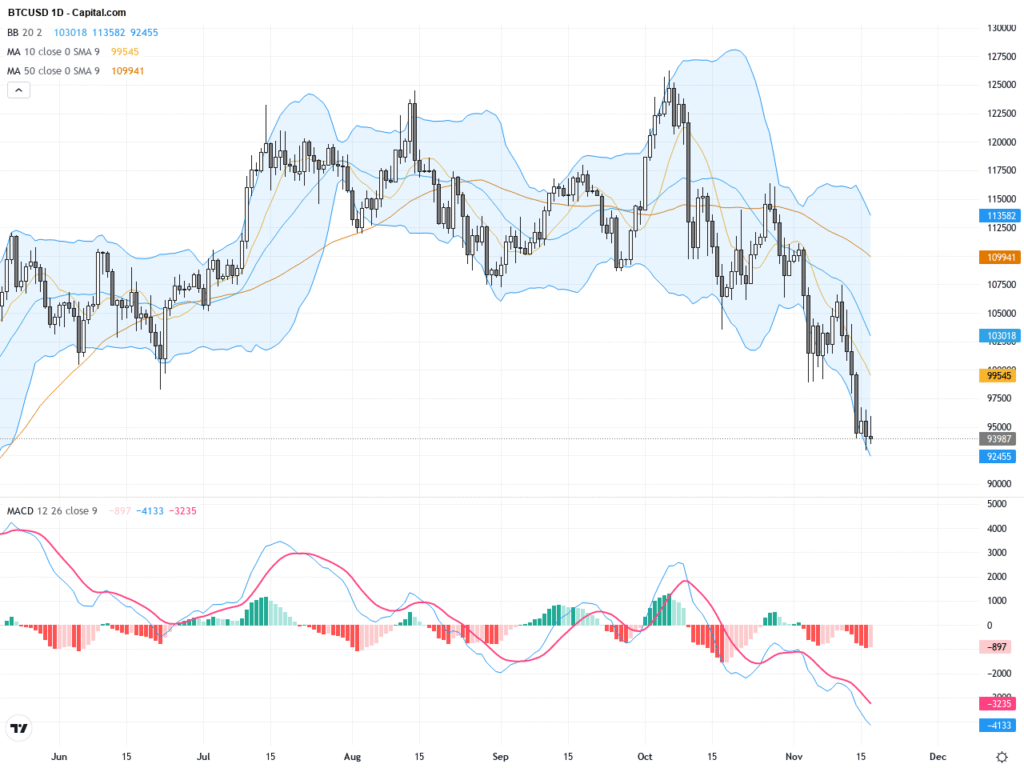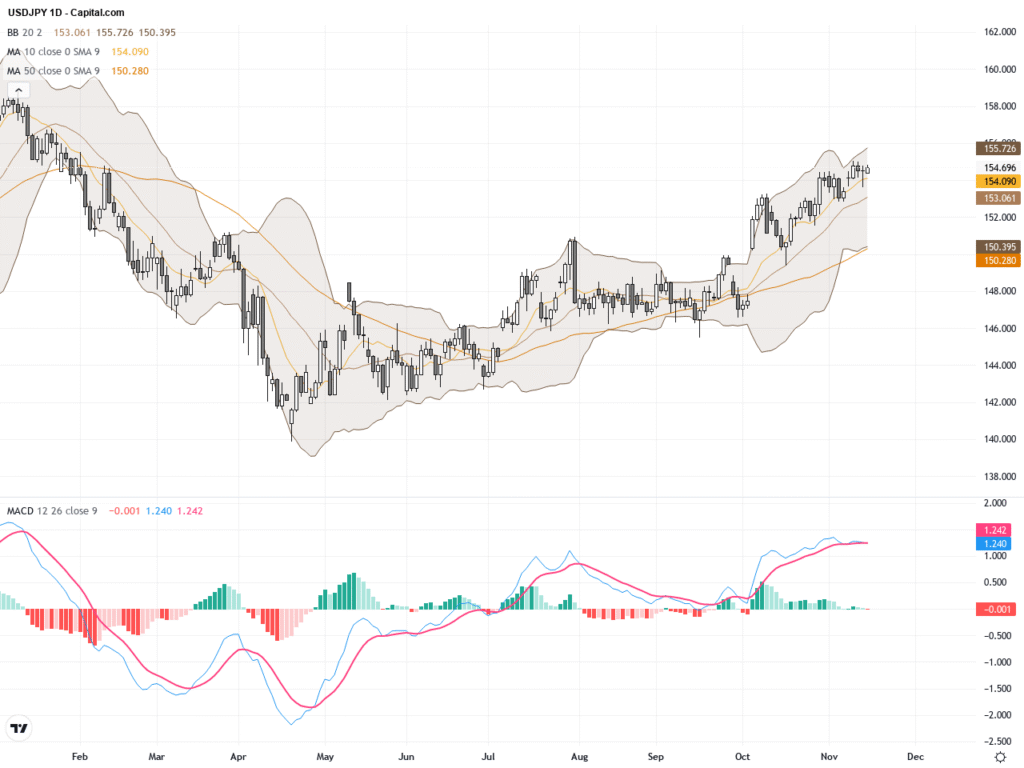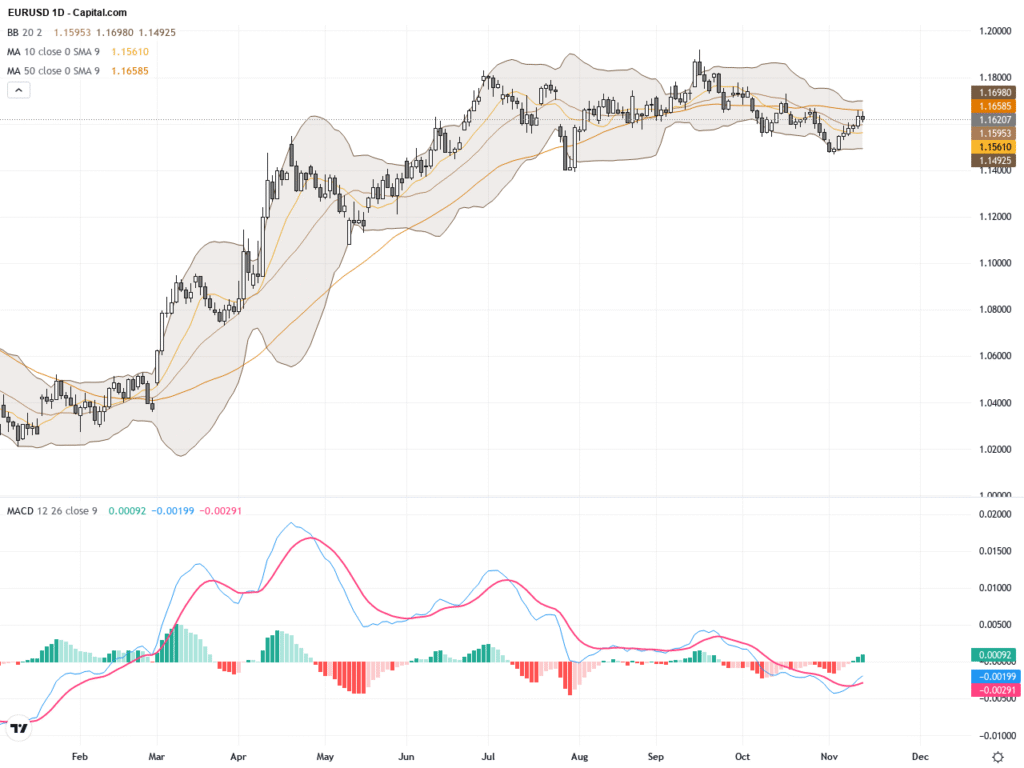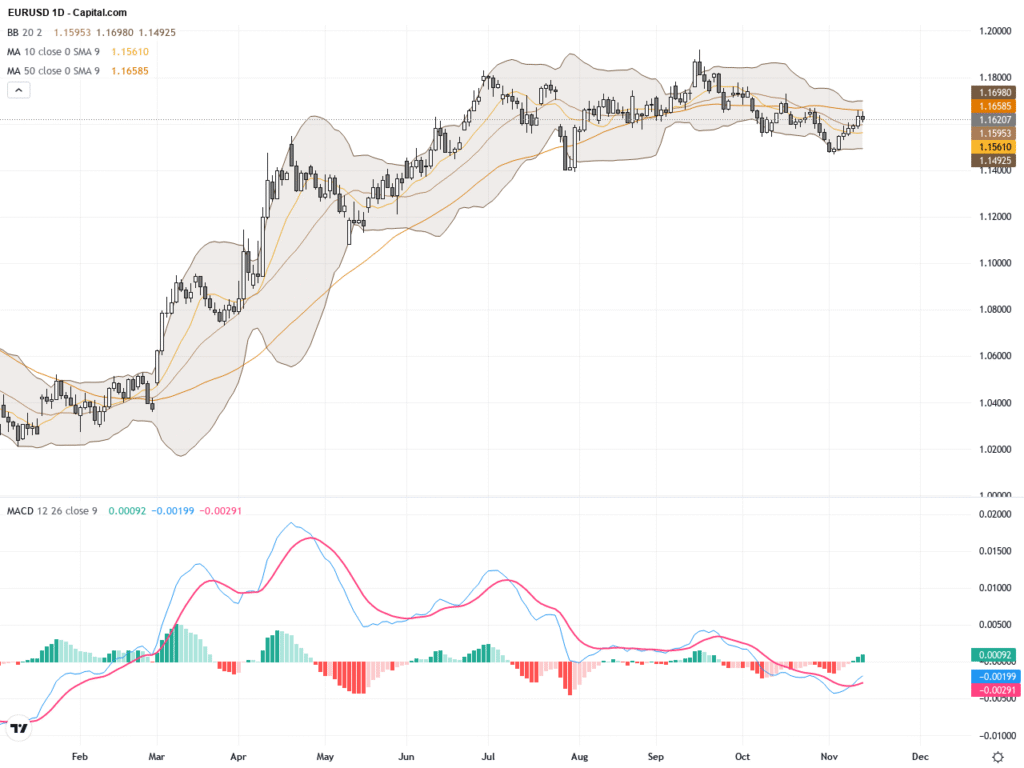 |
| Gold V.1.3.1 signal Telegram Channel (English) |

“Is the AI Boom Losing Steam? Understanding the Recent Sell-Off in Tech Stocks”
2025-08-21 @ 05:00
The recent turbulence in technology and semiconductor stocks has caught the attention of investors and analysts, as concerns mount over whether the artificial intelligence (AI) boom is running out of steam. With tech giants and chipmakers experiencing pronounced declines, market participants are debating if we’re witnessing an overdue correction or the early signs of an AI-driven bubble deflating.
Over the past few days, a notable rotation out of AI-focused and high-flying tech stocks has accelerated. This week alone, the US stock market has shed an estimated $1 trillion in market value, a significant drawdown largely attributed to a sharp sell-off in technology shares. After a period of exuberance, this retreat highlights growing anxiety over the staying power of AI as a transformative force and a driver of profits for the sector’s leaders.
Among the most impacted have been semiconductor companies and top-tier tech stocks. Industry leaders such as Nvidia, Advanced Micro Devices (AMD), and Broadcom saw share prices tumble—some by more than 2% and, in the case of Micron Technology, over 5%. Nvidia, often viewed as the bellwether for the AI hardware boom, declined about 1%. The sell-off extended beyond chips: heavyweight names like Alphabet (Google), Amazon, Apple, and Meta also experienced drops, with losses exceeding 1% in some cases.
AI service companies such as CoreWeave, which provides cloud computing power to the likes of Microsoft and Meta, were not spared, with shares falling nearly 4%. Palantir, a company closely associated with AI-driven defense and analytics solutions, sank for a fifth consecutive session.
This market shift has been fueled in part by new skepticism around the actual value creation AI is delivering to businesses right now. A recent report from the Massachusetts Institute of Technology’s Project NANDA found that 95% of studied companies are seeing no tangible return on their AI investments. These findings have intensified debate, prompting some investors to reconsider the sky-high valuations many AI-linked stocks have garnered.
Contributing to the sell-off are several macroeconomic pressures and investor behaviors:
- Profit Taking: After a sustained rally in tech and AI stocks, investors are locking in gains, especially as valuations reached historic highs in recent months.
- Fed Uncertainty: With Federal Reserve Chairman Jerome Powell scheduled to give a closely watched speech at the Jackson Hole symposium, investors are uncertain about potential interest rate cuts later this year. Higher rates could dampen growth for tech firms that rely on easy access to capital.
- Seasonal Weakness: The late summer period is often marked by lighter trading volumes and increased volatility, making tech stocks more vulnerable to sharp swings.
Yet, it’s important to note that not all market observers view the downturn as a harbinger of deeper trouble for the tech sector. Institutional investors and analysts emphasize that while near-term headwinds are present, the underlying drivers for AI and advanced computing remain solid. Many see current conditions as a healthy correction within a still robust long-term trend.
Wealth managers and chief investment officers at leading firms suggest this pullback presents new investment opportunities. They argue that, for most leading technology companies, the long-term potential of AI has not fundamentally changed. Companies well-positioned in key areas of AI, cloud computing, and next-generation semiconductors could emerge stronger from this recalibration.
Furthermore, while some areas of tech—especially cyclical segments tied to consumer spending—may see more turbulence, the broader trajectory for AI innovation and integration remains intact.
For financial bloggers and investors, the lesson is clear: market hype and lofty valuations can lead to volatility, but fundamental shifts in technology adoption don’t move in straight lines. Periodic retrenchments are normal, especially in sectors with as much promise and uncertainty as AI. Savvy market participants will view these sell-offs not as signals to panic, but as chances to re-evaluate which companies are genuinely leveraging AI for competitive advantage and sustainable growth.
Looking forward, investors should keep a watchful eye on upcoming economic signals from the Federal Reserve, further earnings reports from key tech players, and ongoing research into the real-world impact of AI deployments. While the latest pullback may test confidence in the AI trade, history shows that transformative technological shifts often bring temporary setbacks before generating lasting value.








